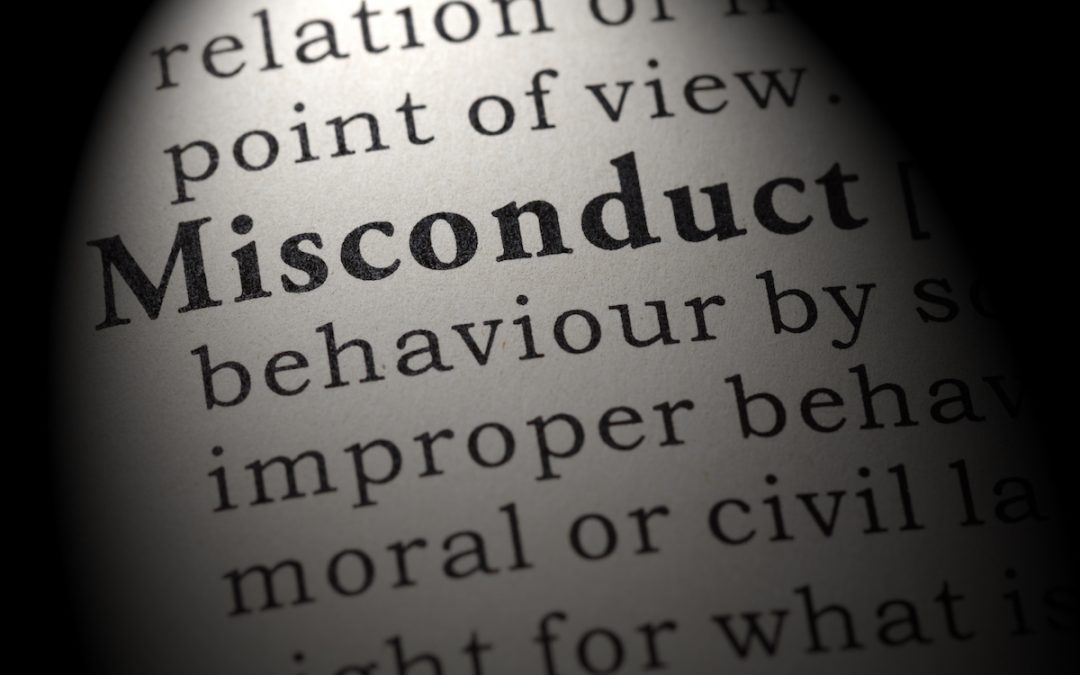Employees have a right not to be treated unfavourably by their employer because of something arising from a disability (unless the treatment can be justified). It is often the knock-on effect of a person’s disability which leads to problems in employment rather than the disability itself.
Where an employee has a mental impairment, it is not always easy for an employer to know what behaviour ‘arises from’ a disability and what behaviour is just poor behaviour. In McQueen v The General Optical Council, Mr McQueen had various neurodiverse impairments. He was disciplined for a pattern of aggressive behaviour at work.
He brought a claim alleging that he had been treated unfavourably for this aggressive behaviour, which he claimed arose from his disabilities. The medical evidence stated that his disabilities meant that he was more likely to lose control when stressed. Despite this, the Employment Tribunal decided that the aggressive behaviour was not something which arose from his disabilities at all. The Employment Appeal Tribunal agreed that this assessment could stand.
They noted that the test of whether behaviour ‘arises from’ a disability is a wide one and does not require the disability to be the sole or main reason for the behaviour but found that there was no need for the ET to assessmultiple factors contributing to the behaviour in this case as they had concluded that the disabilities had no impact on the behaviour – so did not ‘arise’ from them at all.
This case, as with all cases looking at discrimination arising from a disability, is fact specific but there are some useful points that can be taken away:
- You do not have to accept your employee’s self-assessment of their impairment and what arises from it. Obtaining occupational health support will give you a more objective view.
- A disability does not have to be the only reason for the behaviour in order for the behaviour to ‘arise’ from it. The ET’s conclusion that the disabilities had no impact on Mr McQueen’s behaviour was a bold one. It is wise to exercise caution where the position is not clear.
- Employers will not be liable even if they do treat an employee unfavourably for a reason arising from their disability, provided that they can justify their actions.
Find out how we can help. Our partner, Jon Dunkley, heads the Wollens specialist Employment Department. Contact him today for an informal chat, without obligation on 01271 342268 or via email at [email protected].



